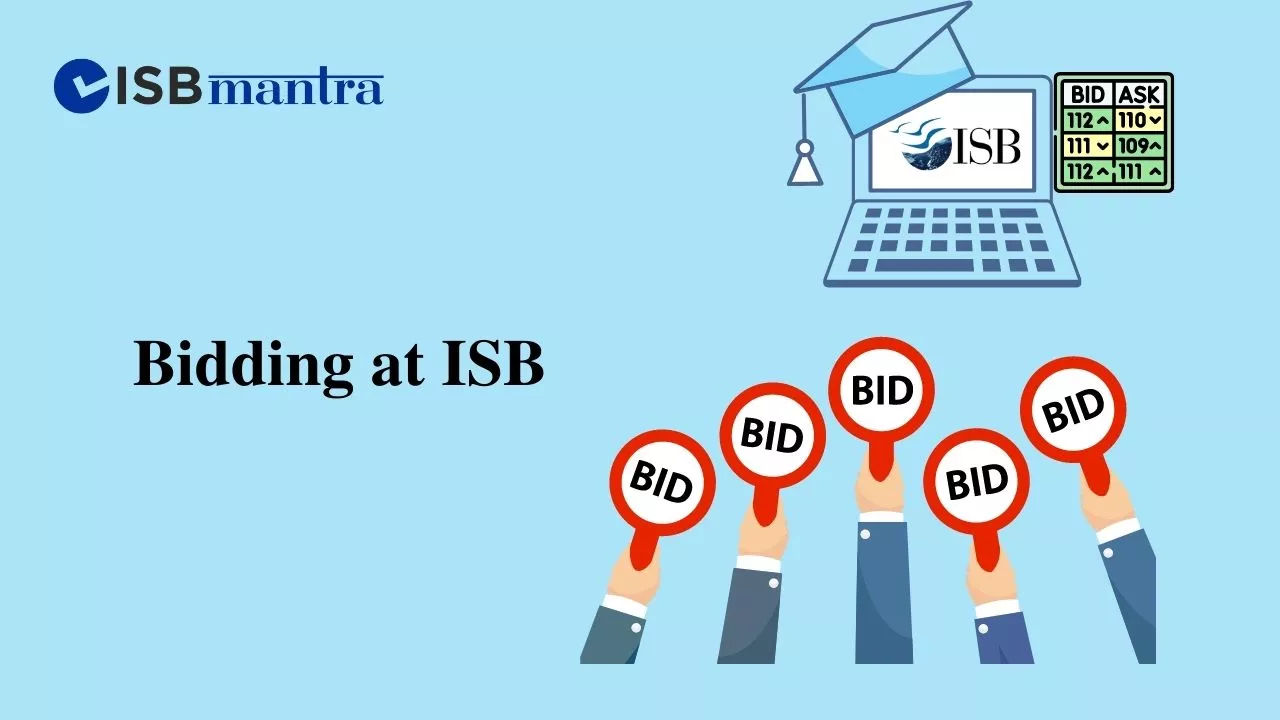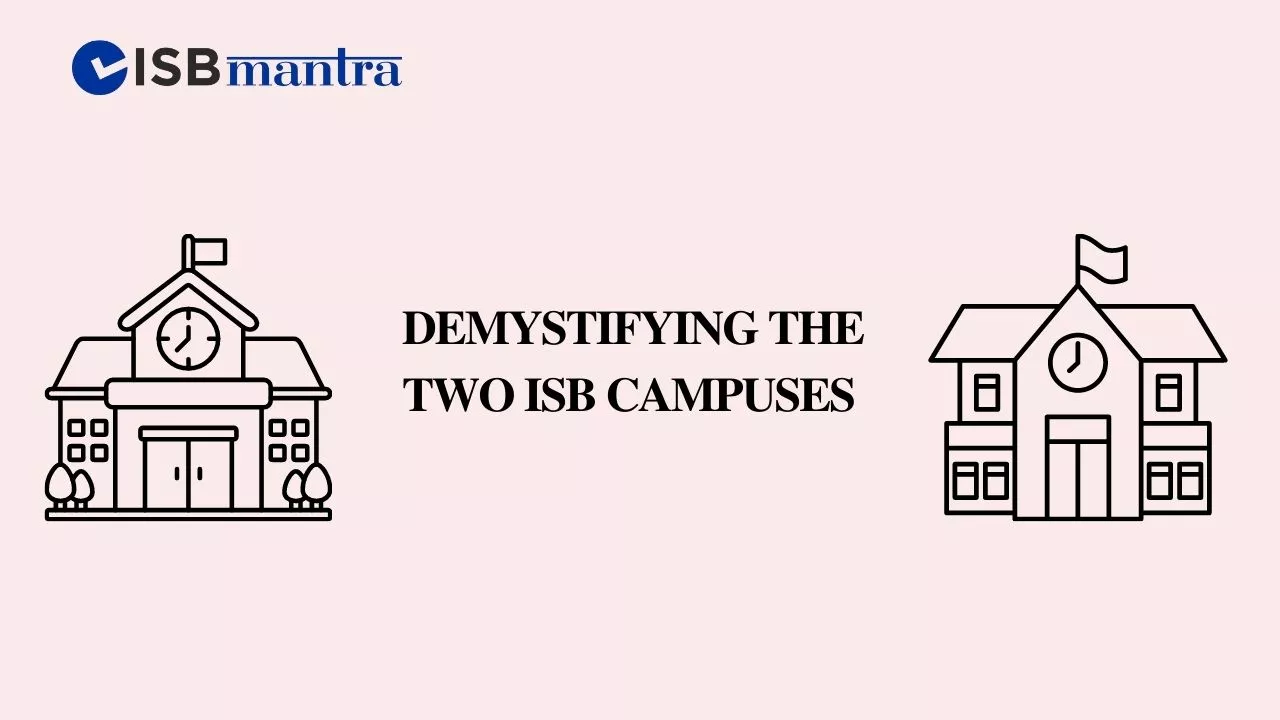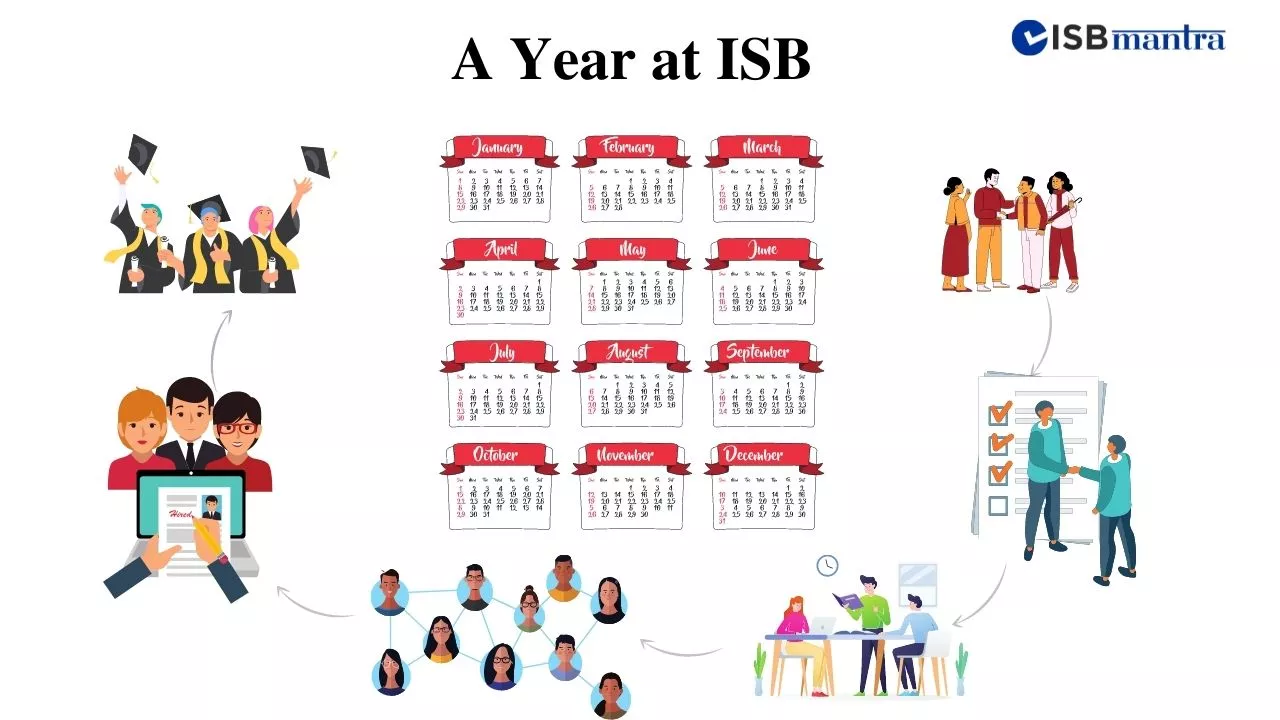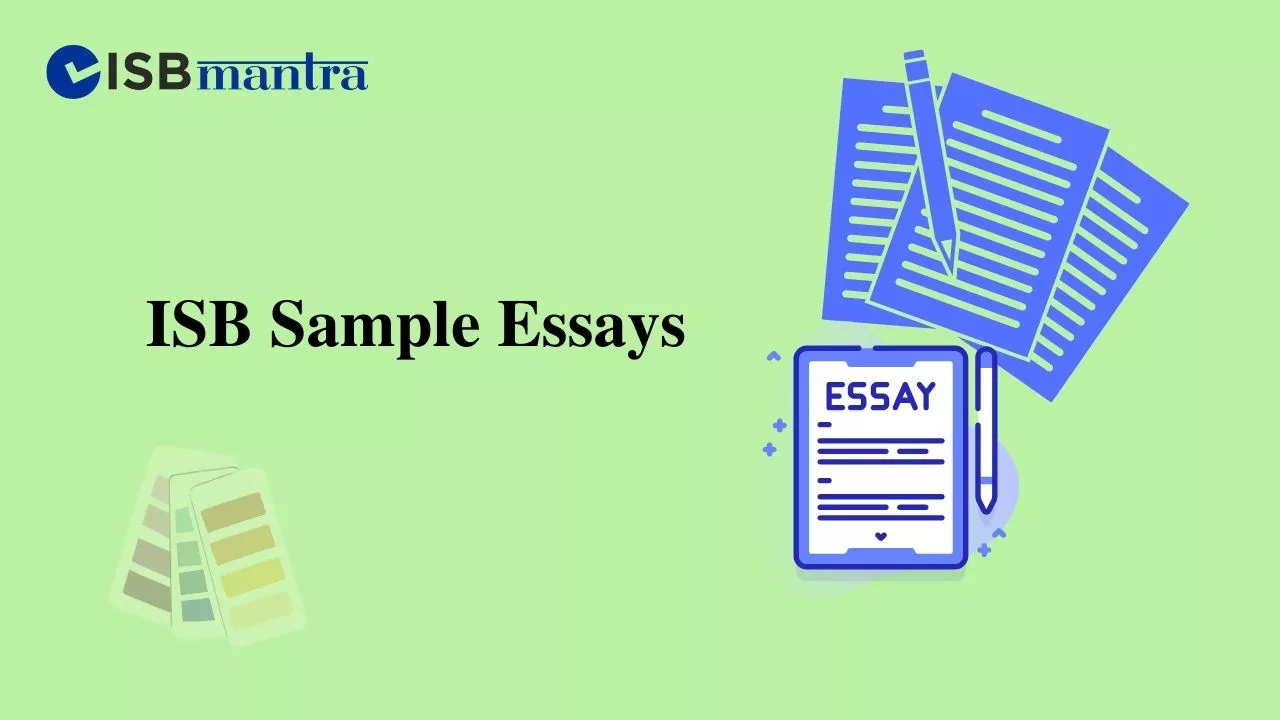Getting an ISB admit is only half the battle done, the other half starts when you step into the campus.
A lot of people mistake getting into ISB as the final win, but little do they know that ISB is a constant war zone. And no we are not talking about section wars or SV wars, but the ultimate monthly bidding wars.
To ensure a fair fight amongst the brightest minds of the country, ISB allocates a virtual kitty of 4500 points to each student. These points are used to pay for Experiential Learning Program (ELP), international exchange and desired electives to complete one’s specialization.

If a student wins an ELP project – for which there is a separate application process where students present their ideas to the company offering the ELP – 250 points are debited from their virtual kitty. The upside is that ELP also counts towards a full credit, meaning students with ELP have the liberty to take up one less elective as compared to others. You can read about ELPs in detail here.
BIDDING PROCESS
Bidding happens via an online portal that goes live for all students simultaneously. Students are informed in advance about the bidding rules and working of the platform via detailed seminars.
The bidding process at ISB is extremely transparent and easy with information like winning bids, maximum seats available and number of students competing for a particular course/exchange university being visible to all participating students. This enables students to make an informed decision whether or not to continue fighting. While there is only one bidding round for international exchange, there are 3 rounds of bidding for elective selection.
Bidding for Electives
Stakes are very high as students have to ensure completion of at least 18 credits (electives) with these 4500 bid points. And so it should come as no surprise that a lot of thought and careful consideration goes into planning the bidding strategy. Take our word for it when we say every ISB student becomes a mad scientist experimenting with different bidding points, subject combinations, and respective class timings before and during the bidding session.
While the bidding per elective opens at 100 points, bidding for crowd favorite subjects or professors often drive the winning bid up to 1000 or even more points! Since there is an upper cap on the number of seats available per elective, bidding is the only way to fight it out and ensure that every PGP student gets to complete the specialization of their choice. This obviously also results in students having to ‘drop out’ at times. Saving enough bidding points for the rest of the year becomes of umpteen importance, especially if ones wishes to snag the desired or most popular courses in later terms.
Prior research, alum interactions and review of course material in advance often help students navigate the bidding process successfully. ISB further simplifies the process by allowing students to sample all courses after first round of bidding and having the option to change their selections in round 2 and 3. Students who have paid a hefty price for a certain subject in Round 1 often use these rounds to drop out and re-bid for the subject at a lower price. While this might come with the risk of losing the subject for good or even having to pay a higher price, ISB students put concepts of demand, supply and market reaction learned in Term 1 Economics class to good use to minimize this risk.
ISB Trivia: Section bonding is taken to new heights with students from each section bidding together in an extremely fun war zone like environment, constantly glancing over each other’s screens to keep track of winning bid and seats left!
Bidding for International Exchange
Students are informed well in advance about the international colleges up-for-grabs in the bidding process and thus have sufficient time to research and make a choice. The minimum bid for all colleges starts at 400, with the maximum being capped at 1800 points. Since there are a large number of students from both campuses fighting for limited seats and premier universities, more often than not they end up bidding 1800 points. To resolve the many ties, ISB uses a lucky draw method of sorts – the bidding portal randomly assigns a numeric ID to all competing participants and the one with the smallest assigned ID number, wins.
Some students may also decide against applying for international exchange as it comes with the downside of a drained kitty, meaning potential compromise on choice of electives for the remaining terms at ISB.
Bidding, therefore, is an essential and interesting part of the ISB academic setup and is probably one of the most crucial practical lessons on campus – both in economics as well as resource-management!
About ISBmantra
With a strong focus on ISB and a team of Former ISB Admissions Officers onboard, ISBmantra offers personalized Application Consulting & Interview Prep services. Feel free to send your profile to [email protected] for a free profile evaluation.





 ISB PGP & YLP preparation timeline.
ISB PGP & YLP preparation timeline.


Comments are closed.